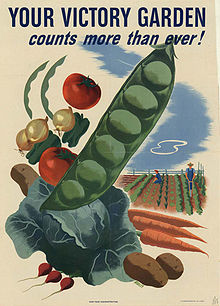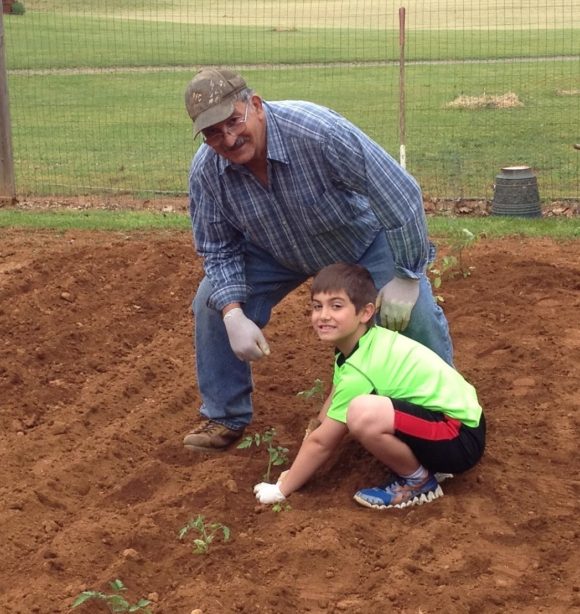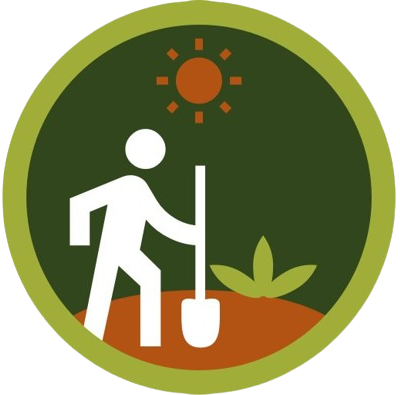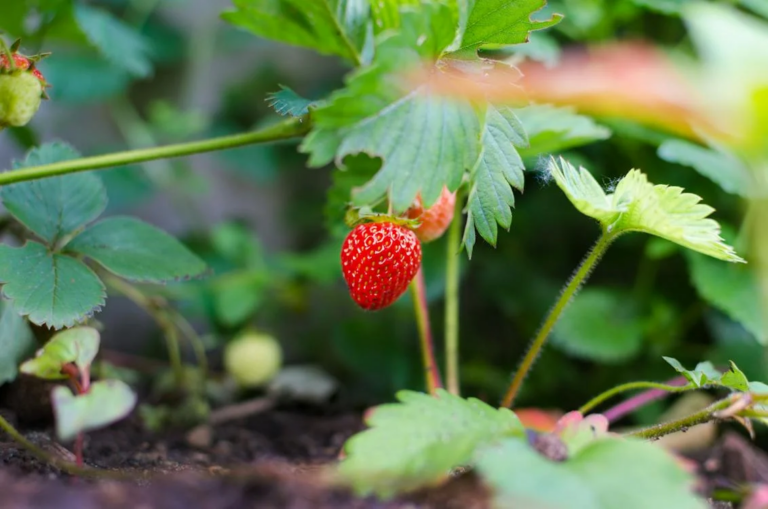THE NEED FOR GARDENING

What role does gardening play in the coronavirus pandemic? Growing plants has long been praised as a stress-relieving pastime with many advantages for the individual. Gardening can be a good, family-friendly pastime to pursue at this time when many people work from home and many students are enrolled in distance learning courses.
Remote schooling is new for most all students in our community. Hands-on activities like gardening can encourage children to participate in a way that will enhance learning. Gardening can teach young, preschool- and elementary-aged children, to reinforce skills such as measurements, addition, subtraction, counting, sorting into categories and colors. Practicing motor skills and learning work ethic are also life-skills taught through gardening.
From a mental aspect, growing a vegetable garden may be a way for adults and children to cope with boredom and help families gain a sense of security. Historical experiences during trying times have given us examples of how important gardening can be in our society.
With World War I came food shortages. Everyone in the U.S. was encouraged by the federal government to plant a Liberty Garden. The U.S. School Garden Army was formed during this era to teach children to garden and help them feel a sense of contribution towards the war effort. Liberty gardens went away soon after WWI ended in 1918, since a high percentage of the America’s workforce was already engaged in farming and other agricultural jobs.
In the 1930s the Great Depression, had millions of people out-of-work and desperately poor people gardened to survive. They grew a limited range of basic foods that were easy to grow, mostly potatoes and beans, that were filling, high in calories and nutritious.

Victory Garden poster.
By the early 1940s, World War II emerged and, once again, the public was asked to help the war effort. National Victory Gardens began and everyone who was able-bodied gardened–individual families and community groups. In 1944, 40 percent of the food grown in the U.S. came from National Victory Gardens. In 1945, WWII ended, and farmers who survived the war without went back to working the land. Fresh food was once again abundant and predominantly on farms. Food rationing ended, and like post-WWI, gardening lost popularity.
In the 1970s, exorbitant energy costs and high inflation caused the price for food and other necessities to soar. In this era, more people were living in cities than ever before. Many urbanites came from foreign countries and, like the immigrants before them, struggled financially. Besides financial reasons, immigrant populations missed growing foods popular in their homelands. City-dwellers searched for any garden space and reclaimed areas like vacant lots to start community gardens. Suburbanites had it just as tough and gardening once again became important for fulfilling the need for food. This time, the struggling economy was the enemy.
Our country is once again at war. This time the enemy is not another nation or the result of a struggling economy. The enemy cannot be seen nor are the weapons the same. However, once again, Americans can turn to the potential benefits of gardening as a way to help in the war against coronavirus.

Grandfather and grandson work to plant tomatoes in the family garden. Image: Michelle Infante-Casella.
For those who were raised in farm families, growing plants may be in your nature. For those not born with a “green thumb,” educational programs on the web can help hone your gardening knowledge. When surfing the internet for gardening information, you should choose land-grant university and Cooperative Extension websites that have peer-reviewed, non-biased and science-based information. Private company websites and social garden group blogs may provide anecdotal information that is not “tried and true”, or may not apply to our growing region or soil types.
Rutgers University is New Jersey’s land-grant university, with Rutgers Cooperative Extension (RCE) delivering public outreach and education programs. Recently, an online educational program called “Rutgers Community Gardening Series” was developed and launched. The series is designed to benefit school, community and home gardeners by teaching new gardeners to successfully grow vegetables.
More RCE resources are available for everyone who wants to learn about gardening in the backyard or in community gardens. No matter where you choose to garden, selecting the correct location for a garden is key. The best location possible will encourage plants to grow properly and encourage the gardener to spend more time tending to plants.



